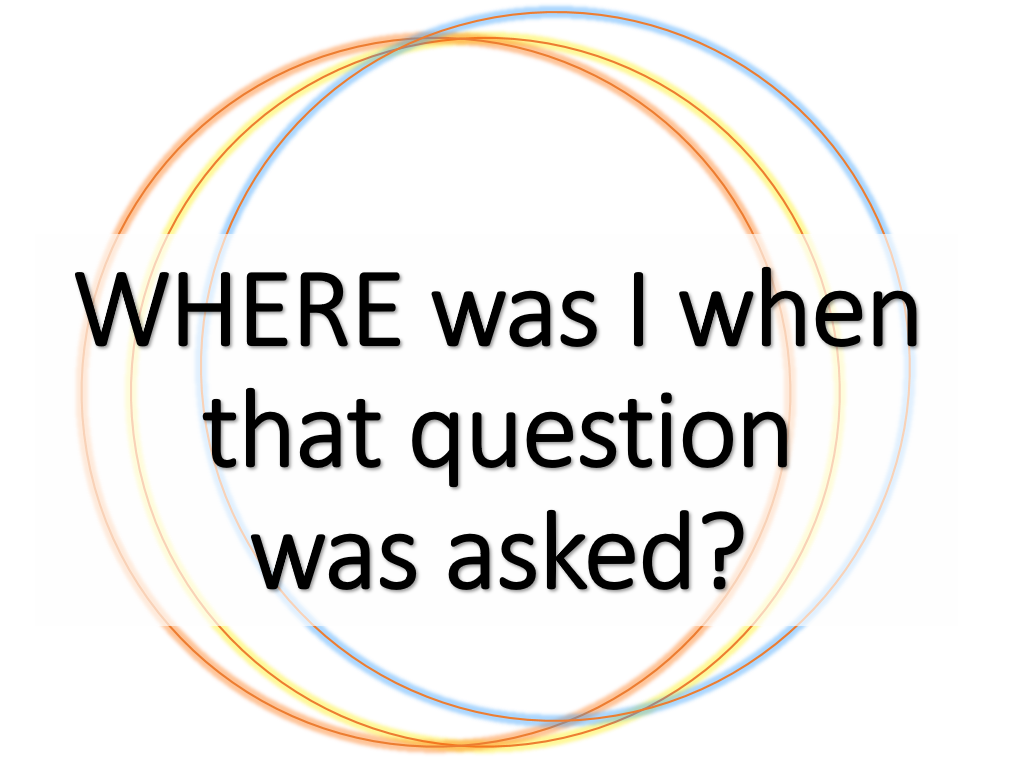How Do You Deal With Stress? Part 1: Selecting the question

[This part of the project was completed by Sarah Norman and Rumilla Uddin, in collaboration with Dr Iona Beange and Dr Pippa Thomson of The University of Edinburgh and the Community Wellbeing Collective].
Sarah’s Reflections From the Question Selection Workshop
“Where was I when this question was asked?” – Rumilla Uddin
The question above is so important and when Rumilla asked it, it really hit me hard. I was appalled when Iona told us that research on stress was most likely to be based on white university-educated women.
It’s great that we know (at least as much as current academic structures allow us) how stress affects white university-educated women, but that leaves out literally everyone else.
Whose experiences are we missing out? What could we learn from listening to different stories through different structures?
How could simply being invited to speak and be heard about experiences of stress positively impact stress levels and their roots?
One side note as part of this: We could literally ask where people were when a question was asked – some people may be taking care of their children or at work instead of being on channels where recruitment for stress research takes place. This could give us insight as to why so many voices are not being heard in academia.
[Iona provided the CWC with a list of ‘Stressful life events’ that researchers consider are the most likely to trigger depressoin / mental illness. These are based on a paper by Brugha T, et al (1985) doi: 10.1017/s003329170002105x.
They are separated into 2 types:
- Dependent Life events are those in which the person plays an active role (NB: this does NOT mean it is their fault, it just means they are involved)
- Independent life events are things that happen to you, over which you have no involvement.
| Dependent Life Events | Independent Life Events |
| Did you have a serious problem with a close friend, neighbour or relative? | Did a serious illness, injury or assault happen to a close relative?* |
| Did you have a separation due to marital difficulties or break off a steady relationship? | Did a parent, spouse (or partner), child, brother, or sister of yours die* |
| Were you made redundant or sacked from your job? | Did a close family friend or relative die, such as an aunt, cousin or grandparent?* |
| Were you seeking work without success for more than one month? | Was something you valued lost or stolen? |
| Did you have a major financial crisis such as losing the equivalent of three months’ income? | Did you suffer from a serious illness, injury or assault? |
| Did you have problems with the police involving a court appearance? |
Back to Sarah:
I’d also be interested in exploring the way that blame is implicit in the language used to describe stressful events (specifically, Dependent Life Events), and how this could compound stress and affect different people – in particular people who are potentially more likely to experience one or more of these events due to societal prejudices rather than their own actions. For example, “did you have problems with the police involving a court appearance?” is a “Dependent” life event that disproportionately affects people of colour because of prejudices in the police force and wider society; if an innocent person of colour has problems with the police, is this in fact a Dependent life event?
{At the end of the workshop] Our chosen question was: How do you deal with stress?
Related Blog Posts
How do you deal with stress? Part 2: Designing Questions
How do you deal with stress? Part 3: Researcher Feedback & Pilot



